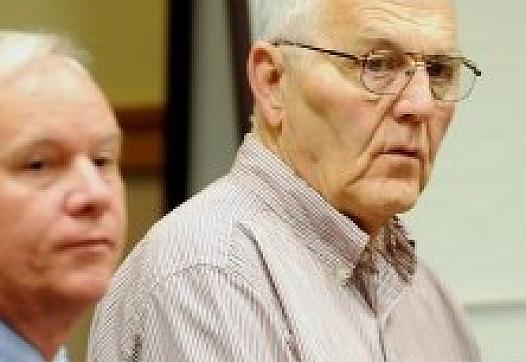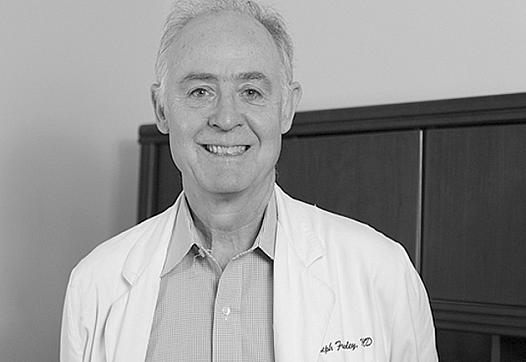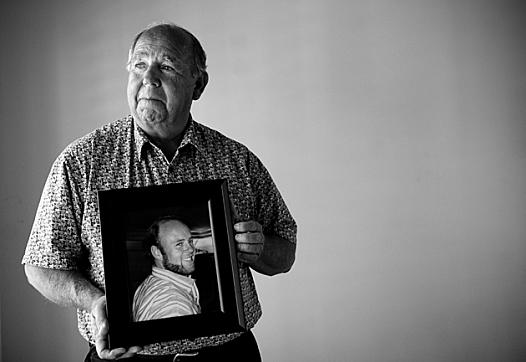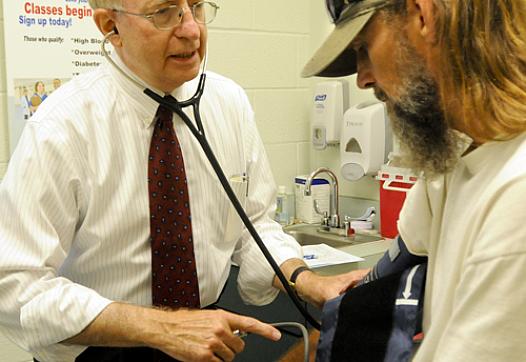Reporting
Our fellows and grantees produce ambitious, deeply reported stories in partnership with the Center for Health Journalism on a host of timely health, social welfare and equity topics. In addition, the center publishes original reporting and commentary from a host of notable contributors, focused on the intersection of health and journalism. Browse our story archive, or go deeper on a given topic or keyword by using the menus below.









